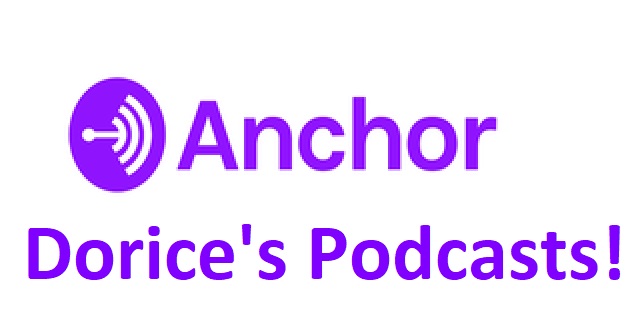 Have you ever heard a shofar blow? A shofar is made from a ram’s horn and is an instrument Jews use for the High Holy Days. The tradition is to blow the shofar one hundred blasts during the Rosh Hashanah services. Some of the shofarot (plural of shofar) are short, and some are long and curvy. Traditionally, Jews from Ashkenazi descent (most associated with Eastern European Jewry) use the less- spiraled, shorter shofar, while Sephardic Jews (those from Spanish and Middle Eastern descent) use the longer and curvier shofar. All shofarot have one feature in common—they end in a swirl pointing upward, which symbolically represents a perfect vision of how hopeful our lives are. They are always facing up!
Have you ever heard a shofar blow? A shofar is made from a ram’s horn and is an instrument Jews use for the High Holy Days. The tradition is to blow the shofar one hundred blasts during the Rosh Hashanah services. Some of the shofarot (plural of shofar) are short, and some are long and curvy. Traditionally, Jews from Ashkenazi descent (most associated with Eastern European Jewry) use the less- spiraled, shorter shofar, while Sephardic Jews (those from Spanish and Middle Eastern descent) use the longer and curvier shofar. All shofarot have one feature in common—they end in a swirl pointing upward, which symbolically represents a perfect vision of how hopeful our lives are. They are always facing up!
Let’s concentrate for now on the sound of the shofar. The most similar sound I can think of is the trumpet, a sound that can be piercing, but also solemn. These sounds of the shofar definitely wake me up! Jews are invited to listen to the shofar during the month of Elul, which is the last month of the Jewish year. What happens if you allow yourself to listen and reflect inward every time you hear the blast of the shofar? What will stir up inside of you? Judaism allows for us to engage in opportunities to be awakened, emotionally and spiritually, for the entire month of Elul and during the High Holy Days.
One year, I made a point of hearing the shofar every morning—for the entire month! This experience had a tremendous impact on me, even until this very day. Imagine you hear the sound of an ambulance every day at the same time. Will it pierce your heart? Will the sirens cause you to tremble? Will it cause you to worry? Will this sound cause you to be thankful that you are okay? Will it make you think of your own health? Will it make you think of others and wish them well? Perhaps you will be reminded to be more responsible for your health and make new decisions so you can live better? When I heard the shofar, the blasts made me think of all of these things.
In Hebrew, the word shofar, which means “to repair,” consists of the three root letters shin, pay, and reish (ש.פ.ר). Coming from the same root, the word l’shaper means “to improve.” When I hear the shofar, I listen to my inner conscience leading me to assess what I can do better. The deeply penetrating and reflective sound of the shofar and the Hebrew meaning behind the word help me to improve myself, to grow better as a human being, to know what I want in life, and to know what my soul desires. I hear myself and my conscience better.
This is the message the shofar conveys to me. For forty days—from the first day of Elul leading up to Yom Kippur—I think about refining my character and filling my life with more goodness. Here are a couple of questions to ponder; For the next week, either in the morning or at night, take
a few minutes to reflect on what happened in the past twenty-four hours that was good. Marvel at the goodness. Congratulate yourself for the good you have brought into the world. How did this goodness make you and others around you feel? What in life is an “alarm clock” for you? What do you do to re-evaluate your course of action? What keeps you on your toes to be the best that you can be?
May we be more aware of that which makes us better and stronger, and may we celebrate life by being present as we step through our lives.


Thank you. I love learning about the symbolism and tradition of the shofar. What a beautiful invitation for reflection each year.